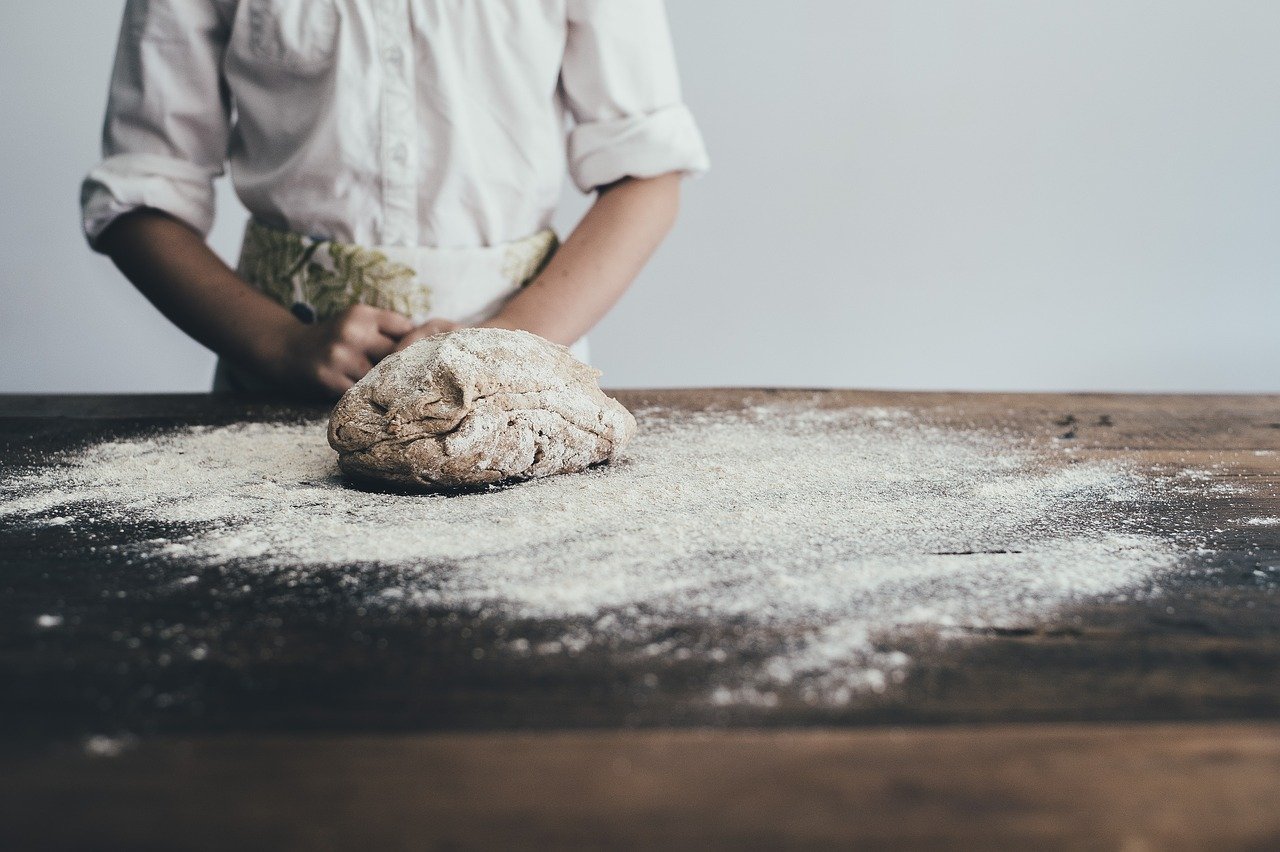At upper-class universities, privilege is rampant. Summers are often seen not as breaks from “the grind,” but rather as opportunities to pad resumes, make connections and network for future career aspirations. Many spend the spring semester desperately searching for internships and relevant job experiences, but some choose instead to pursue different goals. I, and many of my peers, did not entirely shun the possibility of working toward education-oriented opportunities such as summer classes and internships, but opted to work in the food industry as well. Although there are many benefits to working in service industry jobs, the ability to dip one’s toes into life as a food service worker as much as or as little as one wishes is a privilege many are not afforded.
To many outsiders, there is a sense of sexiness to the food industry — cooking, baking and barista-ing have an allure that entices many high-performing students and hipsters. The physicality and tangible, goal-oriented nature of working with dough, cutting vegetables or steaming milk is entirely distinct from the abstract nature of academia and a welcome distraction from the similarly abstract stressors of secondary education. There are no grades, only happy or unhappy customers and managers, and the relationship between coworkers is similar to that between classmates.
It makes sense that food service jobs appeal to high-performing students. The opportunity to spend hours focused singularly on physical tasks while learning practical skills is undoubtedly valuable. However, the implications of high-achieving and privileged students turning to working-class jobs can reflect America’s obsession with the working-class aesthetic.
As a baker I get paid $15 an hour, a great wage for my skill level and far more than I could make at any low-skill job in my hometown. Peers in similar industries make anywhere from minimum wage to $13 an hour for comparable jobs as cooks, baristas and waiters. Although this is a great wage for a college student working for tuition and pocket change, a full-time job paying $15 an hour calculates out to a yearly salary of $31,000 per year — not nearly close to a middle-class income.
Bakery work is the perfect side hustle for me, even functioning as a building block for a potential career in food writing, but much of its perfection stems from my privilege in avoiding the hairier side of working-class life. Living with my parents through COVID-19, I never struggled to pay rent, buy groceries or pay for child-care. I didn’t have to stress over fixing appliances or making car payments, and I could afford to take a day off if I threw out my back working the oven. Beyond that, I never have to reckon with the possibility of baking being my long-term career unless I actively choose to pursue it. I am free from the physical, emotional and financial stress that is often tied to the industry I work in, but I can benefit from the image of baking and the leverage of working a food industry job.
Despite this distance from the realities of my current line of employment, there are benefits to baking that are hard to find elsewhere. The pay is enormously helpful for paying my college tuition and it is better than that which I could find in many other lines of work. I’ve built amazing relationships through the job and improved a skill I was alreadyinvested in honing. Beyond this, I have been obsessed with bread since my childhood, and I was raised to find the best bakery in every city I visit, no matter how far I have to walk to get there. Baking is, in many ways, the perfect job at the perfect time.
But at times something feels off. From Gucci’s $1200 grass-stained jeans to the meteoric rise of Carhartt into fashion consciousness, the idea of appearing working-class is clearly appealing enough for the ultra-wealthy to spend exorbitant amounts of money on it. Sometimes it makes me wonder: Do I love baking or the image that I associate with it?
Maybe I’m writing this article because I have seen legitimate instances of ultra-wealthy college students working service industry jobs for clout. Maybe I am writing it because I feel a societal guilt for my ability to remove myself from the stressors felt by my working-class coworkers and employers. Maybe I wanted to write because I am disgusted with America’s cultural fixation with paying for the appearance of a working-class lifestyle, but whatever the reason, the end result is the same: It is disturbing but unsurprising that those who are removed from physical work wish to appear tied to it, and I fear that I am a contributor to this posturing that revolts me.
When I consider this, it boils down to keeping score. Even if I woke up at 6:00 a.m. to start my shift, the owner slept 3 hours before getting in at 2:00. The person who farmed the flour I turned into bread probably worked harder than I did, and the Vietnamese factory worker who made the Levi’s we wore worked harder for less than either of us. I can always find someone who works harder than me, who puts more into each loaf and croissant. On the other hand, when I look to my peers, I wake up earlier than nearly any of them, and my job is physically harder and requires a sought-after skill.
The game so many play in attempting to appear as though they, I, we work harder than we actually do is, in the end, pointless. At the end of my shift I am exhausted, and whether or not I love the aesthetic of my destroyed, flour-crusted Birkenstocks, I put in hours of work to earn it. When keeping score, one can self-flagellate or self-promote, but when it comes down to it, positioning oneself in a hierarchy of “deservedness” of the image a job entails is self-defeating and impossible. Those who do not participate in blue-collar work have no reason to attempt to appear as though they do; those who do participate, however little or however much, need not feel guilty or embarrassed of working physically for the money they earn.
Maybe I do feel guilty because I come to work from a place of privilege — after a college class or from my parents’ house — but either way, my shift is as long as anyone else’s, and on my bike ride home, my back hurts just the same.

















